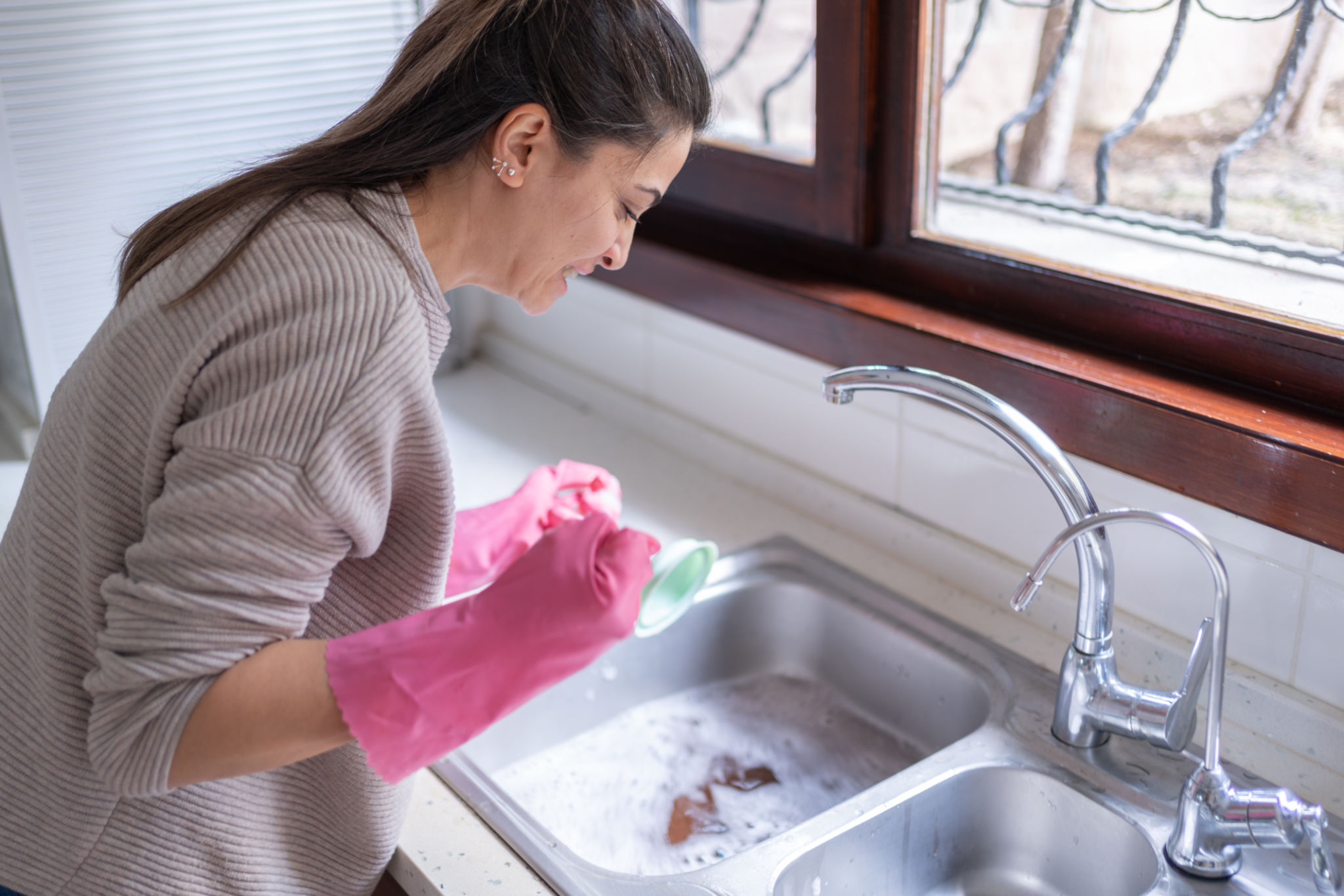How to Fix Common Plumbing Issues Yourself
Understanding Basic Plumbing Tools
Before diving into any plumbing repairs, it's essential to have a basic toolkit. Key tools include a plunger, adjustable wrench, pipe wrench, plumber's tape, and a drain snake. These items can help you tackle most minor plumbing issues effectively. Having these tools on hand will save you a trip to the hardware store when an emergency arises.

Fixing a Leaky Faucet
A leaky faucet is one of the most common plumbing problems. Start by turning off the water supply to the faucet. Remove the handle and use a wrench to loosen the packing nut. Take out the stem and replace any worn-out washers or O-rings. Reassemble the faucet and turn the water back on to check for leaks. This simple fix can often resolve the issue without the need for a plumber.
Unclogging Drains
Clogged drains are another frequent household issue. Begin by using a plunger to dislodge the obstruction. If this doesn't work, try a drain snake to reach deeper into the pipes. For persistent clogs, you can also use a mixture of baking soda and vinegar. Pour half a cup of baking soda followed by half a cup of vinegar down the drain, wait 15 minutes, and then flush with hot water.

Handling Running Toilets
A running toilet can waste a significant amount of water if not addressed promptly. The most common cause is a faulty flapper valve. To fix this, remove the tank lid and inspect the flapper. If it looks worn or damaged, replace it with a new one from a hardware store. Adjusting the float can also help stop the running water.
Repairing Pipe Leaks
Pipe leaks can lead to more significant problems if ignored. For small leaks, apply plumber's tape around the section of pipe that's leaking. If there's a crack, use epoxy putty to seal it temporarily. Remember, these are short-term solutions. It's advisable to contact a professional plumber for a permanent fix, especially if the leak persists.

Maintaining Your Plumbing System
Regular maintenance can prevent many common plumbing issues. Inspect your pipes for any signs of wear or damage periodically. Ensure that sinks and showers are draining properly, and clear any minor clogs before they become major problems. Additionally, check for any unexpected spikes in your water bill as this could indicate a hidden leak.
When to Call a Professional
While many plumbing issues can be fixed with some DIY know-how, certain situations require professional intervention. If you encounter problems like low water pressure throughout your home, sewage backups, or major pipe bursts, it's best to call an expert. These issues can be complex and may require specialized equipment to resolve.
By understanding how to handle these common plumbing issues yourself, you can save both time and money. However, knowing when to call in a professional is equally important to avoid exacerbating the problem.
